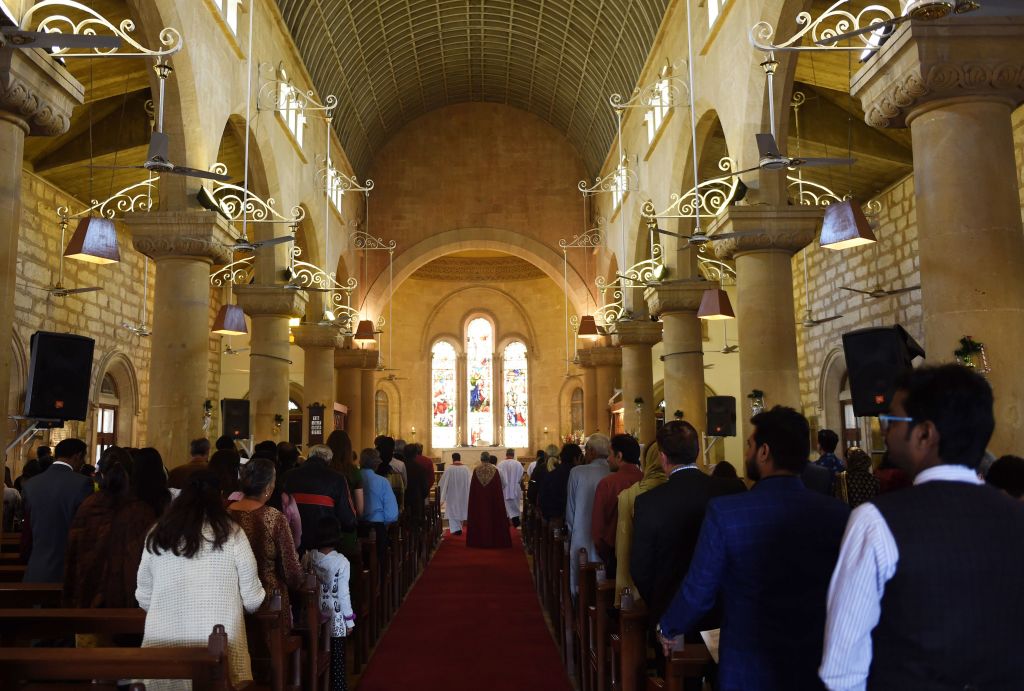“Asia Bibi must finally get her freedom and an end to her ordeal. After nine years behind bars for a crime she didn’t commit, it is difficult to see this long overdue verdict as justice. But she should now be free to reunite with her family and seek safety in a country of her choice.
“The authorities must also resist and investigate any attempts to intimidate the Supreme Court. They have a duty to protect against threats of violence to harm religious minorities or the lives of judges or other government officials.
“This shameful delay in enforcing Asia Bibi’s rights only reinforces the need for the Pakistani government to repeal the blasphemy laws as soon as possible, as well as other laws that discriminate against religious minorities and put their lives in danger.”
Background
Asia Bibi, a Christian farm worker, was sentenced to death for blasphemy in 2010. In late October 2018, Pakistan’s Supreme Court acquitted her of all charges and ordered her immediate release. In the face of pressure from parts of the public involving threats of violence and unrest, the government backtracked and agreed to stop Asia Bibi leaving the country until the Supreme Court heard a “review petition” in her case. She has remained in protective custody since.
On January 29, 2019, the Supreme Court dismissed the review petition and upheld its acquittal.
Pakistan’s blasphemy laws are over broad, vague and coercive. They have been used to target religious minorities, pursue personal vendettas and carry out vigilante violence. On the basis of little or no evidence, the accused struggle to establish their innocence while angry and violent groups of people seek to intimidate the police, witnesses, prosecutors, lawyers and judges.

